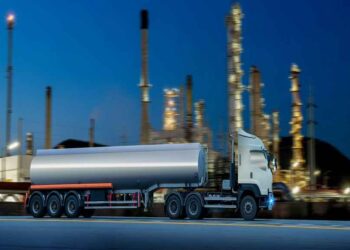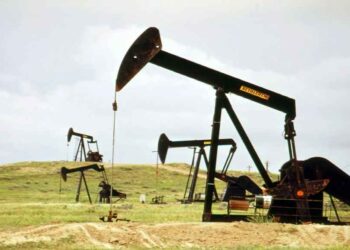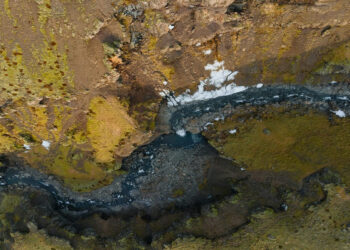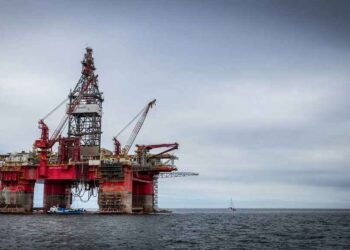The Mountain Valley Pipeline (MVP) is a proposed 300mi (482.8km) to 350mi (563km)-long natural gas pipeline project between West Virginia and Southern Virginia. The project, which is still in its initial phases of consultation, will supply natural gas from the Marcellus and Utica shale regions to markets in the Mid and South Atlantic regions of the US.
The interstate pipeline is regulated by the Federal Energy Regulatory Commission (FERC). It will be constructed and owned by Mountain Valley Pipeline, which is a joint venture of EQT Midstream Partners (55%), NextEra Energy (35%), WGL Midstream (7%) and Vega Midstream (3%). EQT Midstream Partners, which holds a major share in the project, will own and operate the pipeline.
Mountain Valley Pipeline initiated the pre-filing process of the project with the FERC in October 2014. It will file a formal application with the FERC in the fourth quarter of 2015.
The new pipeline’s construction is anticipated to commence in late 2016 and operations are expected to begin during the fourth quarter of 2018.
Construction and infrastructure details of Mountain Valley Pipeline project
Air Products’ Gulf Coast Connection Pipeline Project, United States of America
Air Products expanded its hydrogen supply network through the Gulf Coast Connection Pipeline Project, in anticipation of an increase in hydrogen demand along the Gulf Coast.
The proposed pipeline will have a diameter of 36in to 42in and will supply at least two billion cubic feet (BCF) of natural gas a day.
The pipeline construction will be carried out in phases, which will begin by clearing and grading the land followed by the installation of the pipeline. The pipe will be laid into a trench and then covered with a minimum of three feet of soil.
A number of processed will be carried out during the construction. These include clearing, grading, topsoil segregation, trenching, pipeline stringing, welding, x-raying and weld repairs, as well as coating, lowering in, back-filling, hydrostatic testing, clean-up, surface restoration and reseeding.
Before commencement of operations, the pipe will be carefully inspected and tested according to the regulations of the US Department of Transportation. The entire construction and installation is planned to be executed with minimal impact to the environment, landowners, and the community. Four compressor stations will be constructed along the pipeline route.
Benefits of the MVP project to the local community
From the total investment of the project, an estimated of $396m will be directly spent in Virginia and $712m in West Virginia, which will give a significant boost to their economies.
The project is expected to create 5,150 construction jobs contributing an average employee labour income of $53,800 in Virginia and 8,260 jobs with an average employee labour income of $50,500 in West Virginia, thus creating a positive impact on lab or income.
“The new pipeline’s construction is anticipated to commence in late 2016 and operations are expected to begin during the fourth quarter of 2018.”
Significant amounts of state and local tax revenues are expected to be generated during the construction phase, with approximately $35m generated in Virginia and $40m in West Virginia. Once the pipeline is operational, the counties along the pipeline will continue to receive tax revenues with approximately $7m generated in Virginia and $24m in West Virginia.
Mountain Valley Pipeline route
Route of the MVP project is not yet finalised but is being designed with an intention to create least disruption to the landowners’ properties.
The currently proposed route in Virginia will meet the Jefferson National Forest in two locations for a total of approximately two miles. It will pass through a number of counties in West Virginia, including Braxton, Doddridge, Fayette, Greenbrier, Harrison, Lewis, Monroe, Nicholas, Summers, Webster, and Wetzel.
In Virginia it will pass through Giles, Franklin, Montgomery, Pittsylvania, and Roanoke. It will, however, avoid a few areas in West Virginia including the Holly River State Park, the Monongahela National Forest, and the Bluestone Wildlife Management Area and will not cross the New River.
Mountain Valley Pipeline gas supply
The pipeline will supply at least 2BCF of natural gas per day from the Marcellus and Utica shale region. It will further extend the Equitrans transmission system in Wetzel County, West Virginia, to Transcontinental Gas Pipeline Company’s (Transco) Zone 5 compressor station 165 in Pittsylvania County, Virginia.

















































